 Uganda, a republic in East Africa, has been facing a crisis of epic proportions for years— trash. Trash, namely single-use plastics, has been piling up for years in areas where waste management has been a struggle for locals. While this presents obvious issues regarding sanitization, in August 2024 “trash-landslide” took place within Uganda’s capital and killed at least 18 people in the process. This tragedy, entirely preventable in nature, marks a turning point for Uganda’s trash crisis. With stakes higher than ever, many are calling for reform and new programs to help tackle the problem before it gets even more out of hand.
Uganda, a republic in East Africa, has been facing a crisis of epic proportions for years— trash. Trash, namely single-use plastics, has been piling up for years in areas where waste management has been a struggle for locals. While this presents obvious issues regarding sanitization, in August 2024 “trash-landslide” took place within Uganda’s capital and killed at least 18 people in the process. This tragedy, entirely preventable in nature, marks a turning point for Uganda’s trash crisis. With stakes higher than ever, many are calling for reform and new programs to help tackle the problem before it gets even more out of hand.
Background
Uganda’s trash crisis is not a new development, but in recent years the problem has risen to a fever pitch. In a 2024 report, Ugandan officials reported that more than 9.8 million Ugandan households, equivalent to 91.6% of all total households, relied on improper waste management methods. These waste management methods ranged from using fire pits to burn trash, or simply dumping waste in illegal or unsupervised locations like gardens. This, combined with a lack of access to trash bins, has created a precedent of improper waste disposal.
There have already been attempts made to try and combat Uganda’s trash crisis. Uganda has repeatedly tried to outlaw single-use plastics, which are the main source of trash in the country. Bans on single-use plastics enacted in 2007, 2009, 2015, 2018, and 2021 have proven to be ineffective due to lax law enforcement and inconsistent policies. This has culminated in Uganda generating an estimated amount of 600 tons of plastic trash every day, which translates to about 220,000 tons of plastic waste every year.
Effects of Pollution
The effects of Uganda’s trash crisis have been devastating so far. The trash-landslide is the most cataclysmic of them, but it is by no means the only repercussion of poor waste management. Lake Victoria, the largest tropical lake in the world, resides on Uganda’s southern border and faces a threat in large part due to Uganda’s trash crisis. More than 40 million people rely on this lake as their primary source of freshwater. Due to the contamination from trash, Lake Victoria is now reaching dangerous levels of pollution that make it unfit for human consumption and harmful to the wildlife within.
Coming Together To Make a Change
Despite the severity of the situation, communities have come together to try and find solutions for Uganda’s trash crisis. This has taken many different forms of activism and action. Recycling, for example, has become one of the biggest ways that nonprofits are reclaiming the trash crisis. Takataka Plastics is a local business that aims to help make Uganda greener and safer by turning plastic into fashionable tiles for walls and floors. So far, the company has recycled more than 87.7 tons of plastic since their opening in 2020. These construction materials are low-cost as well, and their production has created jobs for many Ugandan locals.
The reuse and recycling of trash does not stop there, though. Nonprofits and individuals have created many things out of plastic bottles in Uganda, including trash bins, planters and even entire school gates! More than that, entire houses have been constructed out of plastic bottles.
Social Innovation Academy (SINA) is a nonprofit in Africa focusing on unemployment and educational opportunities. In 2022, SINA built a social space for refugees in Uganda out of plastic bottles. This initial building marked an important step in combating Uganda’s trash crisis by offering further inspiration for the reuse and recycling of plastic.
Beyond the recycling of plastics, many individuals within Uganda are also doing their part to combat Uganda’s trash crisis by offering natural alternatives to plastics. For example, Godfrey Kigoye, a local Ugandan farmer, has taken to growing calabash, also known as bottle gourds, as a substitute for plastic bottles. These bottle gourds, after being dried, can be used as a reusable and biodegradable container for fluids. Many farmers, Kigoye included, have found that bottle gourds are becoming more popular among customers in favor of single-use plastic bottles.
Moving Forward
While there is still plenty of work to be done regarding Uganda’s trash crisis, recent efforts to reclaim and dispose of the trash plaguing Uganda have proven promising. With continued efforts from both the Ugandan government and its people, a healthier, happier Uganda with less trash is in sight.
– Mackenzie Scott
Mackenzie is based in Indianapolis, IN, USA and focuses on Good News and Global Health for The Borgen Project.
Photo: Flickr

 In 2000,
In 2000, 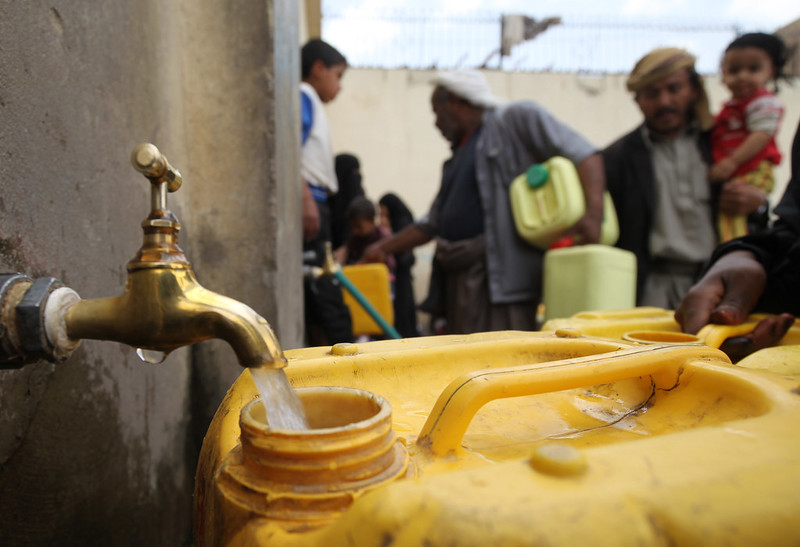
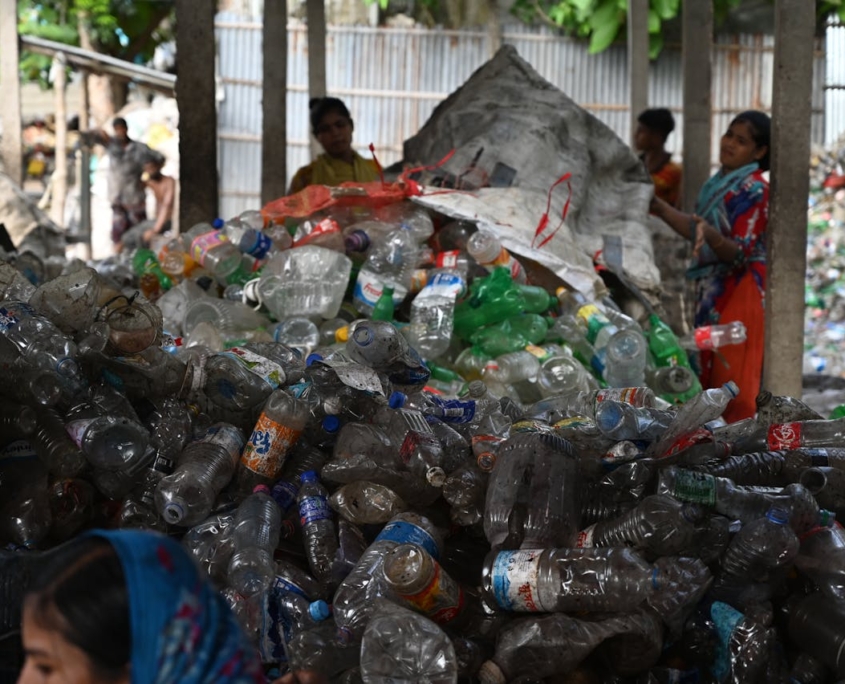 Bangladesh, located in South Asia, is home to more than 170 million people. The capital, Dhaka, has seen its
Bangladesh, located in South Asia, is home to more than 170 million people. The capital, Dhaka, has seen its 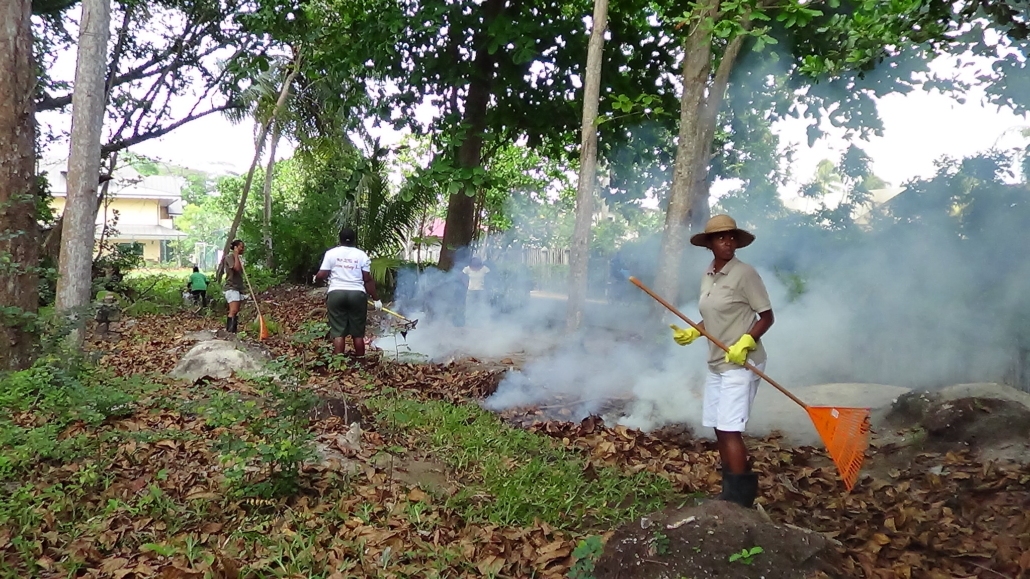
 For 400,000 permanent residents, life in the Bahamas is anything but a breezy Caribbean vacation. In 2019,
For 400,000 permanent residents, life in the Bahamas is anything but a breezy Caribbean vacation. In 2019, 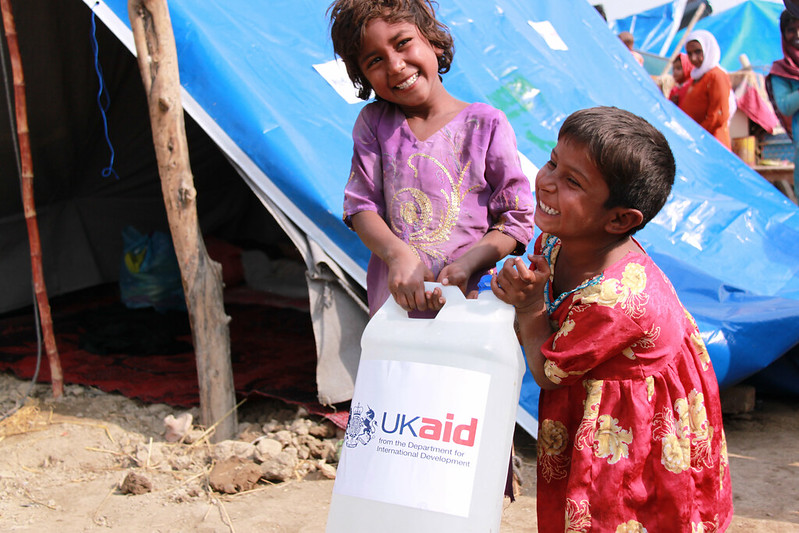
 At North Carolina (N.C.) State University in Raleigh, a diverse team of faculty and students addresses water and sanitation challenges through research. The
At North Carolina (N.C.) State University in Raleigh, a diverse team of faculty and students addresses water and sanitation challenges through research. The 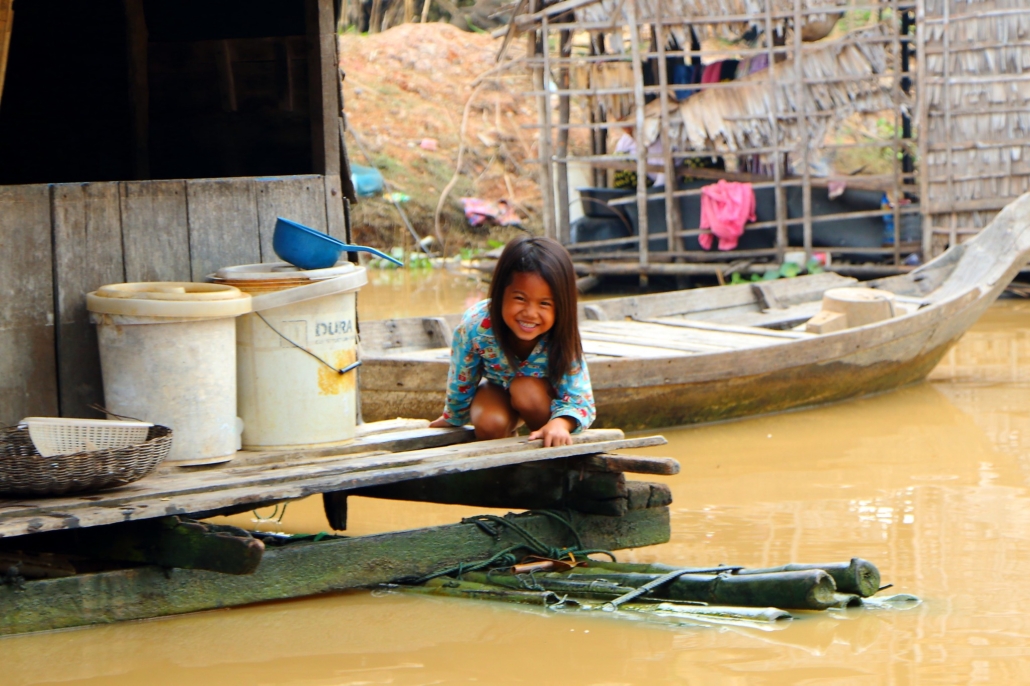
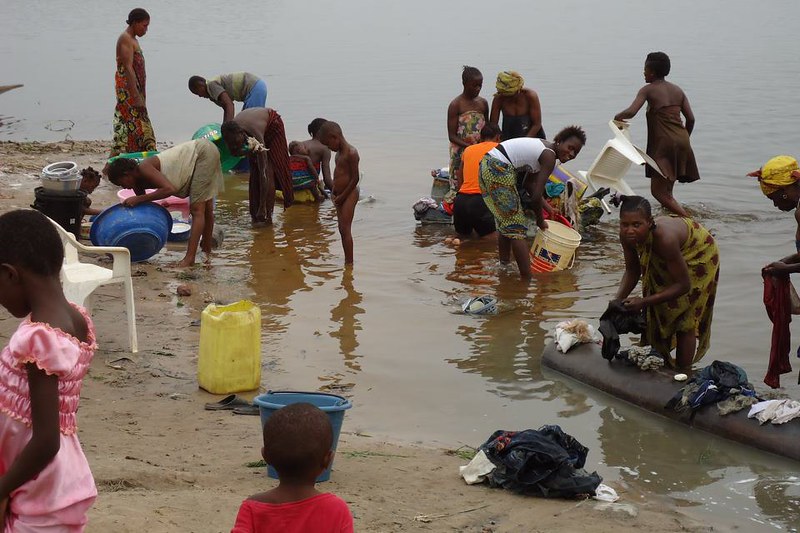 Tearfund’s impact in the Democratic Republic of Congo (DRC) significantly contributes to alleviating the country’s enduring challenges. Amidst the wealth of natural resources and a population exceeding 95 million as of 2021, the DRC faces severe trials such as prolonged civil unrest and poverty affecting
Tearfund’s impact in the Democratic Republic of Congo (DRC) significantly contributes to alleviating the country’s enduring challenges. Amidst the wealth of natural resources and a population exceeding 95 million as of 2021, the DRC faces severe trials such as prolonged civil unrest and poverty affecting